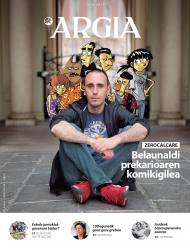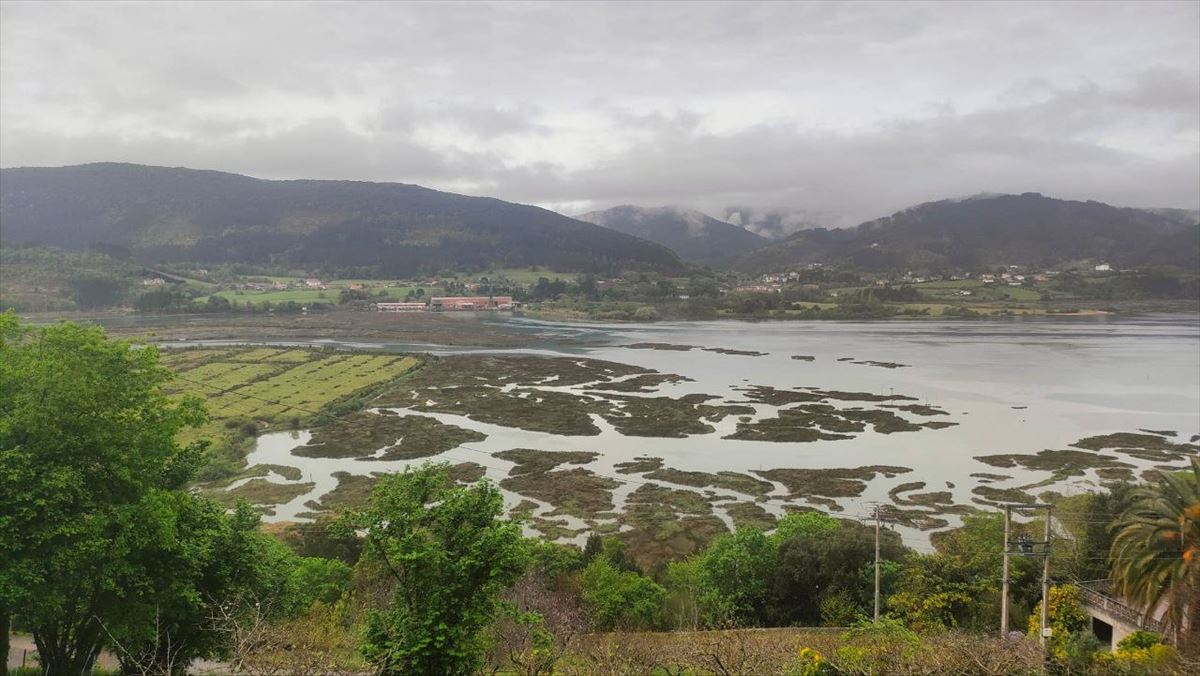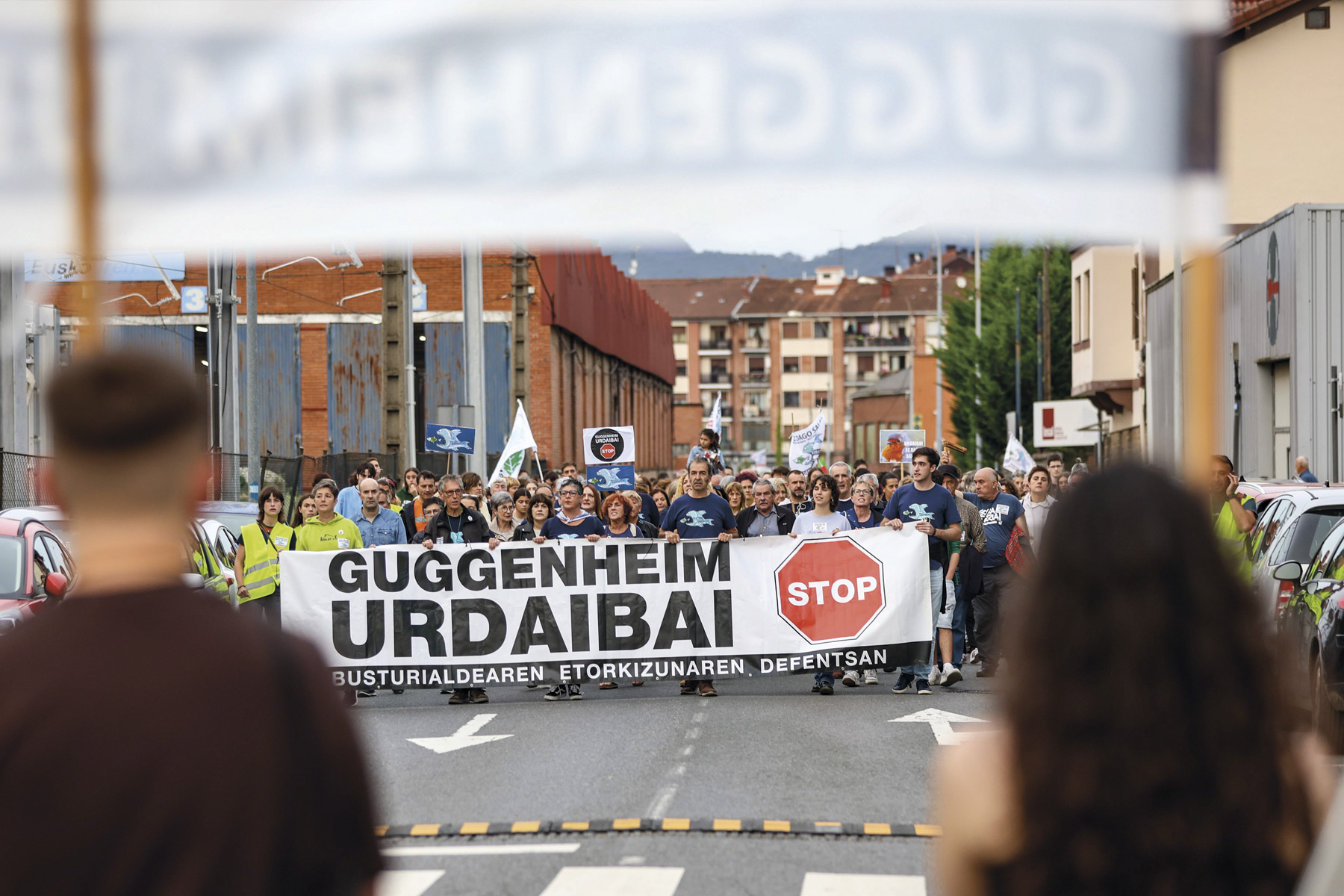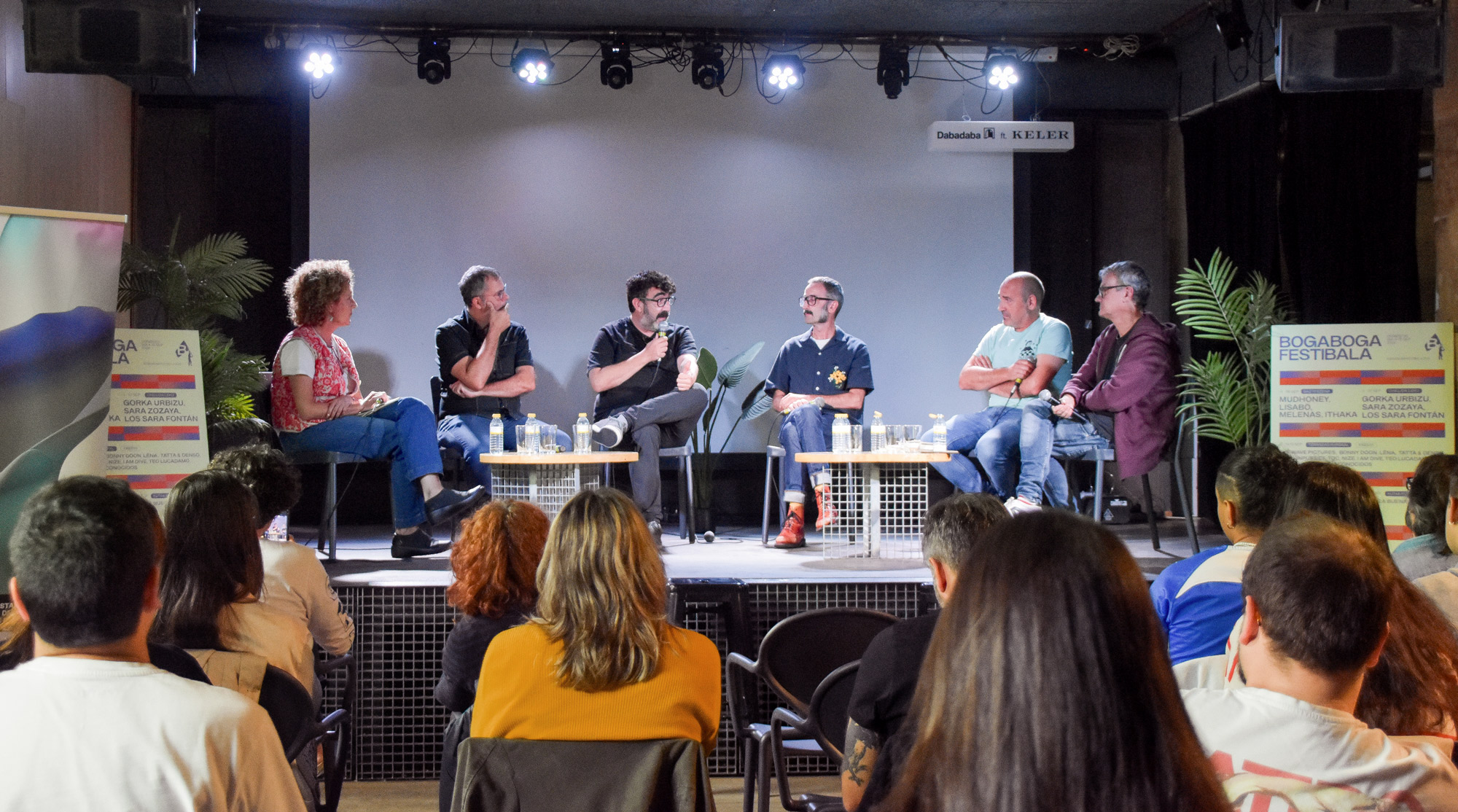Subcontracting to the detriment of culture
- Subcontracting also affects the working conditions of cultural professionals, although compared to other sectors the subject is not so much discussed. Two events in recent months have made the problem more visible: the plan of the Basque duplicators and the strike of the workers of the Ubik library in Tabakalera.

With a banner with “decent working conditions for all workers in Tabakalera”, last Wednesday a number of workers from the Donostia/San Sebastián International Centre for Contemporary Culture were concentrated. It has been two months since the mediators of the Ubik creation library began the strike, denouncing among other problems the existence of low wages and hours that do not allow to conciliate.
The solution does not seem to be close, and in the meantime, one of the star services in Tabakalera is closed, as the successful firm, Sedena, has put “insulting” approaches to the negotiating table for the time being, according to the strikers, who asked them not to mobilize in the next four years in exchange for a wage hike. This labor conflict is evidencing a problem that goes beyond Ubik, as other services in the same center also work by subcontracting. Outside the library there is also precariousness.
In the cultural sphere, what has been seen in many other sectors is being repeated. With the difference that the precariousness of cultural workers has until recently taken almost invisible form
History will be known to other cultural workers who have had much to talk about in recent weeks: the actors who make films in Euskera announced at the end of January that they will not double more films within the ZINEMA Euskaraz program. Last September, the company Mixer won the ETB’s public doubling competition, “offering the cheapest price”, as explained by the Association of Basque Bending Companies Bieuse. He then lowered the salary to the doubles, which in five years has reduced them by 35%. And most of the professionals, rejecting the reduction, started the unemployment.
This is not a new issue, but a repetition of what has happened in many sectors: the institutions make public services available to private companies, the companies took to obtain the award, they put prices on the land, the people pay first by lowering their conditions and then citizenship lowers the quality of the services they have paid with taxes or are interrupted by the labor conflicts that are generated.
Until recently, however, there has been a difference between workers from other areas and those engaged in the cultural sectors: that their precariousness has been half concealed, that it was not publicly manifested, perhaps because their profession does not coincide with what we normally consider as a working class. The demands of the professionals of Ubik and Dubbing confirm that this limit is being shifted. And taking into account the struggles of the workers of these services that are multiplying in recent years – strikes by the Musas del Guggenheim and the Fine Arts of Bilbao, the Azkuna Zentroa, the Euskalduna, improvements achieved by the workers of the CBA cultural centre of Irun… –, others may arise if the current model is not modified.
We have known Aitor Bedia Hans, a singer of the Añube group for a long time. At that time we were reconciled with BEÑAT González, former guitarist of the Añube group. It was at the university time, when the two young people of Debagoiena came to Bilbao to study with music in... [+]
Two years ago Urdaibai Guggenheim Stop! Since the creation of the popular platform, Urdaibai is not for sale! We hear the chorus everywhere. On 19 October we met thousands of people in Gernika to reject this project and, in my opinion, there are three main reasons for opposing... [+]
With this article, the BDS movement wants to make a public boycott of the event to be held on 24 September at the Guggenheim in Bilbao. In it, they will have the presence of the renowned Zionist artist, Noa, who will present his last record work.
When, in the context of the... [+]
Mende batean, Baionako Euskal Museoak izan duen bilakaeraz erakusketa berezia sortu dute. Argazki, tindu edo objektuak ikusgai dira. 1924an William Boissel Bordaleko militarrak bultzatu zuen museoaren sorrera, "euskal herri tradizionalaren" ondarea babesteko... [+]






















